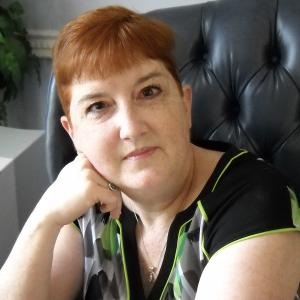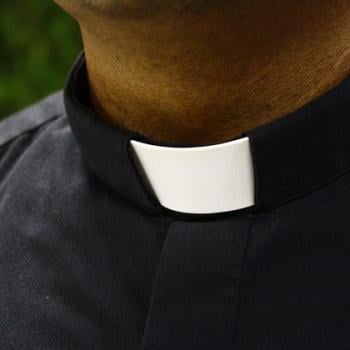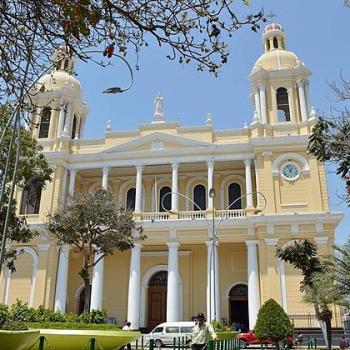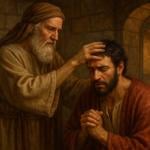
The Detained US Pastor
The newly released pastor is 68 year old David Lin from Orange County, California. Although born in China, Lin became a naturalized US citizen. During the 1990s, he frequently traveled to China to spread the gospel.
Chinese authorities detained Lin in 2006 when he was assisting a house church. In 2009, Lin was formally arrested for contract fraud, a charge frequently leveled against leaders of the house church movement. The charges stemmed from his efforts to raise money to build a church in China. A court found Lin guilty and sentenced him to life in prison, but reductions in his sentence occurred several times since 2012,
While In Jail
Incarceration did not halt Lin’s evangelistic work, although it did alter his activities. While behind bars, the pastor ministered to fellow prisoners and worked on translating the Bible into Chinese. As the years passed, threats to Lin’s safety and his declining health became concerns.
Outside the prison, Lin’s situation garnered the attention of China Aid. That organization is an international Christian non-profit human rights group supporting people of all faiths in China through prayer and other activities. China Aid promoted awareness for Lin’s situation and prayer for his release. Bob Fu, the founder and president of Christian Aid, believes Lin’s arrest was a case of entrapment by the Chinese government. According to Fu, Lin had been promised he could build a church. As a result, he undertook activities to raise support for that project.

[Image from Wikimedia Commons]
Diplomatic Efforts For China To Free US Pastor
China holds the distinction of being the foreign country which detains the most Americans. The US government has worked on Lin’s case as well as others for years. The Dui Hua Foundation, a San Francisco-based rights group focusing on political prisoners, estimates China holds over 200 Americans under coercive measures such as detention or exit bans. Because of these threats, the US State Department revised its travel advisory for China last summer urging Americans to “reconsider” travel there. The rising trend of hostage diplomacy by authoritarian governments was also a consideration.
Meetings between US diplomats and Chinese leaders have given rise to opportunities to discuss the release of prisoners such as Lin and others. Secretary of State Antony Blinken’s meeting with China’s Foreign Minister in April 2024 was one of such opportunities. According to political commentator Zheng Shengqi, Lin’s release shows the effectiveness of the US government’s efforts to return US hostages from overseas.

Political Pressure
Lin’s release came shortly after “China Week” in the US House of Representatives. During that time span, 24 bills passed, all of which were unfavorable to China. Political commentator Zheng Shengqi sees this timing as evidence China is willing to take steps to ease the relations between the two countries.
Context In China
Prayer, diplomatic efforts, and political pressure contributing to Pastor Lin’s release are understandable. But why he was incarcerated in the first place requires an understanding of the religious and political context in China. In 1949, China, the largest country in Asia, became officially atheist. The Chinese Communist Party embraces and promotes atheism. State-monitored religious practices, however, are allowed. While restricted religious practices are permitted, the Chinese government curtails those it deems a threat to the social and political order.
China’s constitution recognizes its citizens have freedom of religious beliefs. About half of the country’s population, though, identifies as atheist or nonreligious. Five religions are officially recognized in China—Buddhism, Catholicism, Islam, Protestantism, and Daoism (also known as Taoism). The government treats Buddhism more leniently than it does Christianity and Islam, but all religious activity is closely policed.

Christianity In China
Pew Research indicates 72 million Christians, including Catholics and Protestants, live in China. The Chinese government allows them to worship in “official” churches registered with the appropriate governmental supervisory agency. All Christian churches must pledge loyalty to the Communist Party and register with the government. Unregistered churches are deemed underground churches and are unlawful.
Many Christians, though, reject such oversight and instead worship in underground churches. Both participants and leaders in a “house church,” one independent from state sanctioned religious institutions, frequently face harassment, intimidation, arrest, and harsh sentences. Pastor Lin had been working with a house church when he ran into trouble with the Chinese government.

China Frees US Pastor
David Lin ultimately had a happy ending, but it took almost two decades for his release to occur. On September 15th, he left Beijing No. 2 Prison and was flown to San Antonio. Returning to the US allowed him to reunite with his daughter whom he had not seen since 2010. She texted a supporter “God did it!!!!” upon learning her father was being freed. While Lin’s being freed brings elation to Christians everywhere, difficulties remain for millions of Christians in China who do not enjoy true religious freedom. In fact, physical imprisonment may be the price they pay for exercising their faith.














